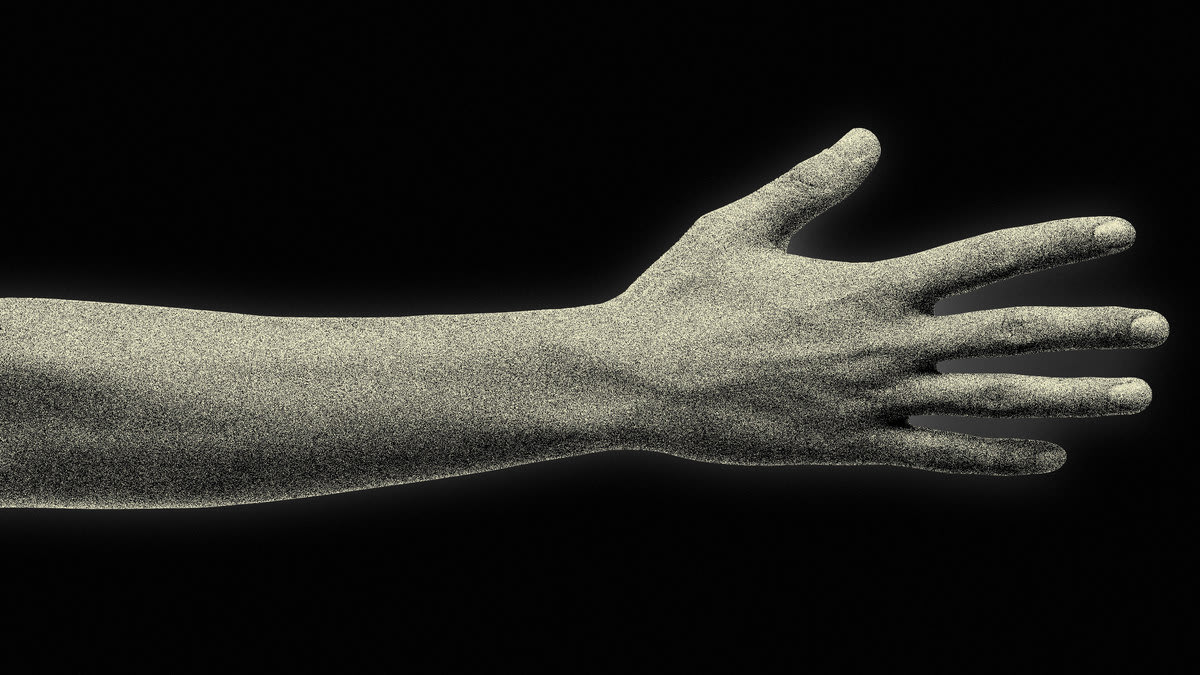Short kings, rejoice: A team of researchers has reversed the course of a genetic disease that stunts limb growth—successfully lengthening the arms and legs of mice with a gene-hacking drug.
Robinow syndrome is a rare disease that can be caused by a mutation to one of a handful of genes, including one called FZD2. People with the disorder have short fingers and toes and widely spaced eyes, as well as other skeletal abnormalities. It’s rare, known to affect only a few hundred people, but figuring out what causes stunted limbs—and fixing it with a drug, rather than a surgery—could have broad implications, both medically and cosmetically.
A new study, published on Feb. 15 in the journal Development, makes strides toward pinpointing this symptom and rectifying it in mice through a drug. Future versions of the treatment could be used to help reverse the effects of Robinow syndrome in humans.
In the study, researchers gene-edited mice to mimic the mutations that one would find in humans with Robinow syndrome. Embryos with FZD2 mutations had cleft palates and shortened limbs in comparison to unedited mouse embryos.
But the key innovation of the study came when the researchers realized that FZD2 affects a key developmental pathway. The mutations in the mice set off a cascade of developmental irregularities that gave the mice their characteristic Robinow-like symptoms. The researchers reasoned that even if they couldn’t fix the FZD2 gene, they could prevent the cascade from happening by introducing a small-molecule drug to a developing mouse embryo during its mother’s pregnancy.
And their efforts worked: Mice with the mutation had significantly longer limbs when treated with the drug compared to embryonic mice that went untreated. Don’t start sizing up your wardrobe yet, though.It’s unclear whether this drug would be as effective in humans, or what the effects might be of using it without a mutation in this key developmental pathway.
“The idea of treating the limb bones medically rather than surgically is a really important proof of principle, which we demonstrate in this study,” Rolf Stottmann, a developmental biology researcher at Nationwide Children’s Hospital who led the study, said in a press release.
In the future, he added, the researchers are excited to test if this drug could work for other mutations that cause Robinow syndrome besides ones to the FZD2 gene.
While there’s more work to be done, this research certainly has the potential to turn a small step into a giant leap for mankind.

